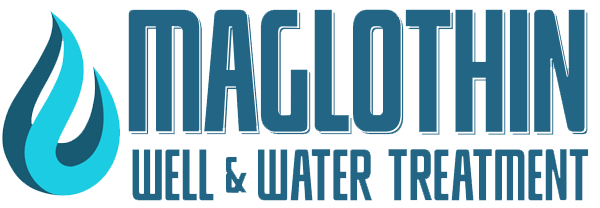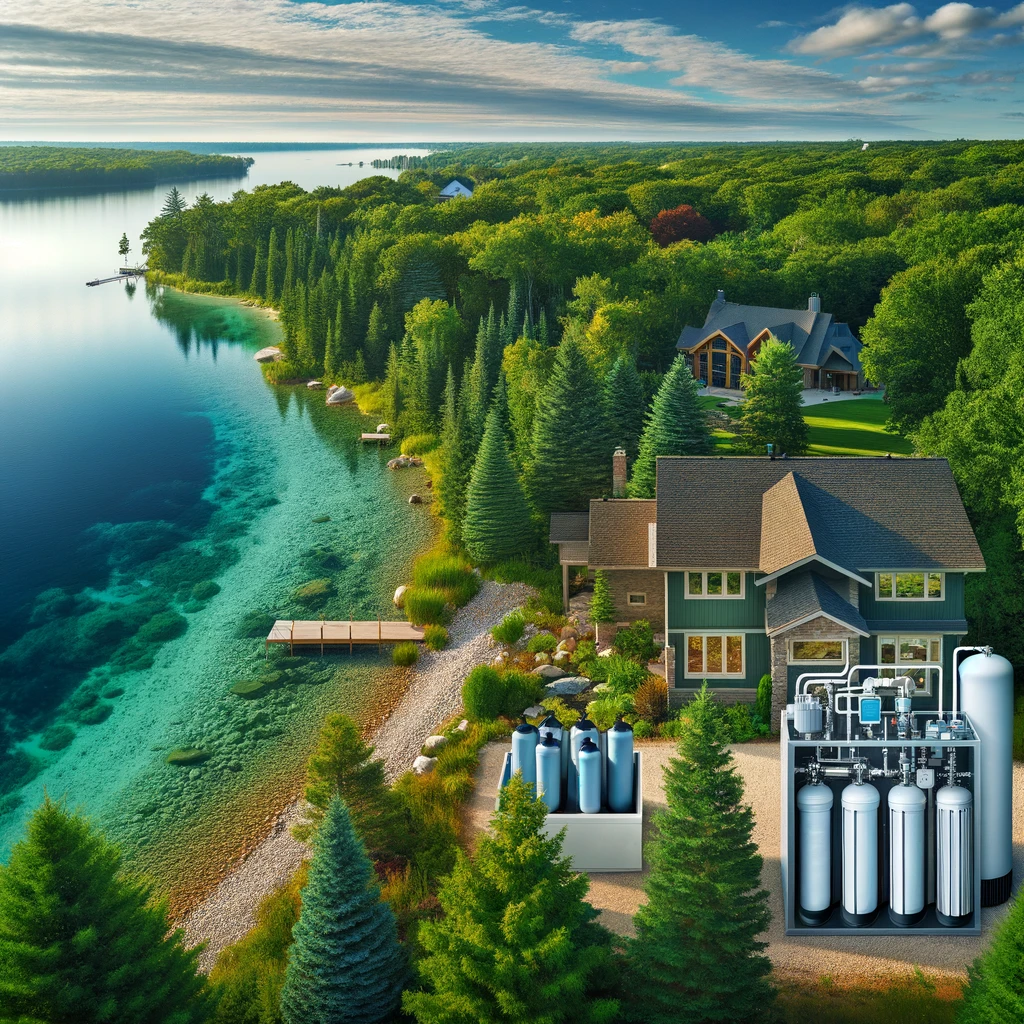Ensuring Pure Water in Michigan Homes: The Critical Role of Residential Water Treatment
In Michigan, the quest for clean and safe water transcends merely an environmental concern; it stands as a fundamental health imperative. The Great Lakes State, surrounded by vast freshwater resources, faces unique challenges that underscore the importance of residential water treatment. From industrial pollution to aging infrastructure, Michigan residents confront various threats to their water supply, making treatment solutions not just beneficial but essential for ensuring the health and well-being of its communities.
One of the most compelling reasons for the emphasis on residential water treatment in Michigan is the historical context of water contamination incidents. The Flint water crisis, for instance, shed light on the dire consequences of neglecting water infrastructure and quality. Lead contamination exposed residents to severe health risks, highlighting the critical need for households to adopt water treatment systems that can remove contaminants before they reach the tap. This event served as a wake-up call, illustrating that access to clean water is not a guarantee, even in a water-rich state.
Moreover, Michigan's industrial legacy contributes to the challenge. Decades of manufacturing, particularly in the automotive and chemical industries, have left a legacy of pollution in waterways. Hazardous substances, such as PFAS (per- and polyfluoroalkyl substances), heavy metals, and other industrial chemicals, have been detected in various water sources. These contaminants pose serious health risks, including cancer, liver damage, and developmental issues in children. Residential water treatment systems, equipped to filter out these harmful substances, become indispensable in safeguarding family health.
Another factor amplifying the need for water treatment at the residential level is the natural composition of Michigan's groundwater. In many areas, water drawn from underground sources contains high levels of minerals and metals, a condition known as hard water. While not inherently hazardous to health, hard water can adversely affect daily life by damaging appliances, reducing soap effectiveness, and leaving mineral deposits. Water softeners and other treatment solutions address these issues, enhancing water quality and prolonging the lifespan of household appliances.
Agricultural activities further compound Michigan's water quality challenges. Runoff from farms carries fertilizers, pesticides, and animal waste into water bodies and groundwater, introducing nitrates, bacteria, and other pollutants into the water supply. For households relying on wells or those near agricultural operations, residential water treatment systems equipped to remove these contaminants are vital for preventing illness and protecting the ecosystem.
Climate change also plays a role in intensifying water quality issues in Michigan. Increasingly frequent and severe storms lead to runoff and flooding, overwhelming sewer systems and leading to sewage overflows into rivers and lakes. Such events can contaminate drinking water sources with pathogens and pollutants. Moreover, warmer temperatures can promote the growth of harmful algal blooms in the Great Lakes, producing toxins that pose challenges for water treatment. Advanced residential treatment technologies, including ultraviolet light purification and reverse osmosis, provide an additional layer of defense against these emerging threats.
Beyond health and environmental concerns, the economic implications of water quality issues cannot be overlooked. Property values and economic development are closely tied to access to clean water. Residential water treatment not only ensures the health and safety of inhabitants but also contributes to the overall economic well-being of communities by maintaining the desirability of homes and neighborhoods.
Furthermore, residential water treatment empowers Michigan residents to take control of their water quality. With the right systems in place, households can tailor treatment solutions to address specific concerns, ensuring that their water meets or exceeds safety standards. This autonomy is particularly important in areas where municipal treatment may not fully address all contaminants or where residents rely on private wells.
The benefits of residential water treatment extend beyond immediate health impacts to encompass broader environmental conservation efforts. By reducing the reliance on bottled water, households contribute to lessening plastic waste and conserving resources. Moreover, advanced treatment systems can minimize the discharge of pollutants back into the environment, supporting the health of Michigan's waterways and the Great Lakes.
In conclusion, the importance of residential water treatment in Michigan cannot be overstated. It stands at the intersection of health, environmental stewardship, and economic resilience. Given the state's unique challenges—from industrial pollution to the repercussions of climate change—investing in water treatment solutions is not merely a choice but a necessity for Michigan households. Ensuring access to clean, safe water is fundamental to protecting the health and well-being of communities, preserving the natural beauty of the state, and securing a sustainable future for all Michiganders.

